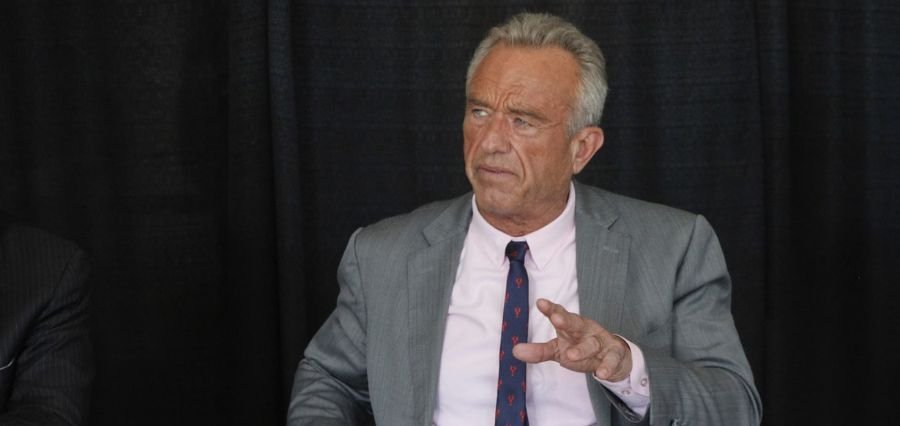Prime Highlights
- U.S. Health Department cancels 22 mRNA vaccine deals totaling almost half a billion dollars.
- Move provokes outcry by scientists on grounds of public health threat and loss of innovation.
Key Facts
- Cancellations include a prominent bird flu vaccine contract with Moderna.
- Government officials point to low effectiveness of mRNA shots against respiratory disease.
Key Background
The United States Department of Health and Human Services (HHS), led by Secretary Robert F. Kennedy Jr., has announced the termination of 22 ongoing mRNA vaccine development contracts. The nearly $500 million contracts were under the Biomedical Advanced Research and Development Authority’s plans to prepare for possible future pandemics and advance vaccine technology. One of the cancellations is a significant contract with Moderna for developing an mRNA bird flu vaccine for human use, worth hundreds of millions of dollars.
The decision was driven by the fact that mRNA vaccines only offer weak and temporary protection against upper respiratory threats like COVID-19 and influenza, Secretary Kennedy said. He added that subsequent federal investment will center on other vaccine technologies that offer longer-lasting and more comprehensive immunity. But the department did not release in-depth scientific evidence to justify the policy shift.
The action has drawn biting disapproval from medical experts, who warn it would risk undermining the preparedness of the U.S. for subsequent public health crises. Critics contend mRNA platforms have been shown to work and be versatile, having saved tens of millions of lives in the COVID-19 pandemic. They further caution against potential damage to the country’s leadership position in biomedicine, as top scientists may flee to foreign positions in mRNA innovation.
Aside from pandemic protection, mRNA technology has been holding much promise for the treatment of cancer, genetic diseases, and autoimmune diseases. Most scientists see this cutback in funds as a setback not only to infectious disease readiness but to medical progress in general. Critics argue stopping progress at this time will imperil slowing the progress of one of medicine’s most innovative and adaptive fields of cutting-edge medicine.





